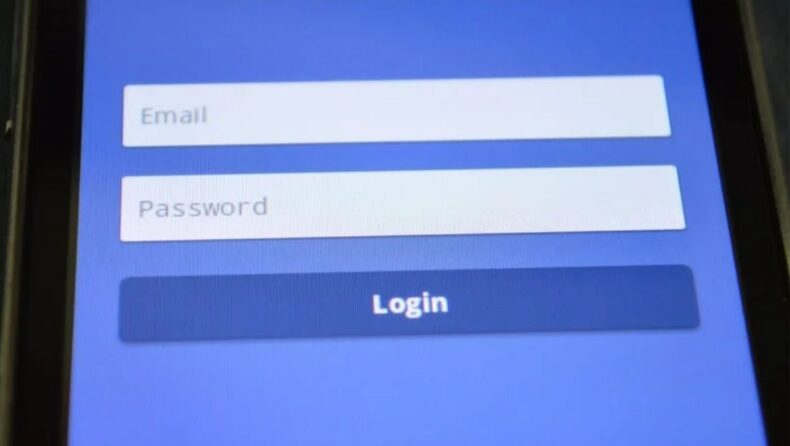Passwords are necessary when it comes to online security. It is very important for data security, but as we know, online privacy is a myth. All the online service providers promise 100% privacy, but who knows how it is protected? From time to time, many companies’ security breaches come into the limelight.
Sometimes, many companies sell their users’ data. The importance of password managers and what makes them a crucial tool for your online security.
All the necessary or unnecessary work we do online, like shopping on e-commerce, buying online movie tickets, banking online, posting anything on social media sites, and ordering food or medicine, all require you to enter a password for security and privacy purposes.
It’s very common to use weak passwords like a dog’s name, first name, and 12345, which is a reuse of a common password. And it is true that plenty of strong passwords is not easy to remember.
Your email, bank, internet shopping, medical services, OTT, and work portal. Do you have a similar secret word for every one of them? The risk is legitimate. There is a chance that a cybercriminal gets one password and could get into every one of your records.
A cybercriminal who gets into your email can immediately reset passwords for the records you have attached to it, similar to the records you use to deal with your funds.
Recollecting numerous passwords is troublesome, but not so troublesome as tidying up the wreckage of a cybercriminal who accesses online records you need to keep secure.
How can you use password managers for your security and privacy?
Here comes the Password Manager: a tool that will generate and store complex passwords, unique to each of your online accounts. But to what extent can we rely on them?
A password manager, likewise called a password vault, is a product application to store and arrange your usernames and passwords.
While choosing the best secret key director for your needs, you need to ensure that you get a quality, encoded arrangement from a trusted supplier that enables you to synchronize passwords across your PC and cell phones. You should simply recall one expert’s secret phrase to open them all.
The commonness of passwords in a normal user’s everyday life has been at an all-time high. Passwords are the first and, frequently, the main line of verification for getting into big business applications or web-based entertainment stages.
With passwordless tech making strides, the utilization of passwords on a critical scale remains farfetched. Yet, until vigorous passwordless access instruments become the backbones for verification, passwords will keep on playing a huge part for users.
According to OneLogin, 41.4% of businesses have a say in up to 25 applications that require unique passwords. Ahead of World Password Day on May 5, 2022, Toolbox spoke with several cybersecurity experts who shared what the day entails.
Gunnar Peterson, CISO of Forter, told Toolbox, “It is especially fitting that we collectively celebrate World Password Day in light of recent breaches this quarter that have resulted in terabytes of stolen proprietary data and untold financial cost.
The day is a reminder that the simplest of defenses in our toolbelt, credential and identity management, can be the difference between a secure system and an unimaginable incident. ”
Neil Jones, director of cybersecurity evangelism at Egnyte, told Toolbox, “For as long as I can remember, easily-guessed passwords such as 123456, qwerty, and password have dominated the global listing of most commonly-used passwords.
Unfortunately, weak passwords can become a literal playground for cyber-attackers, particularly when they gain access to your organization’s remote access solution and can view corporate users’ ID details.
Edited By: Khushi Thakur
Published By: Shubham Ghulaxe













